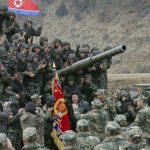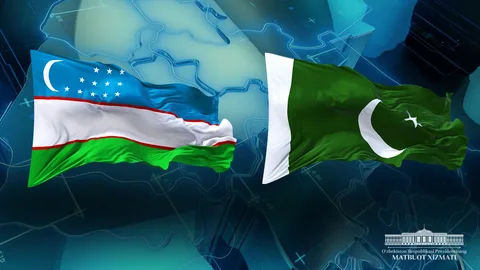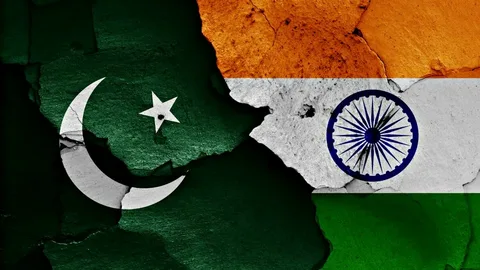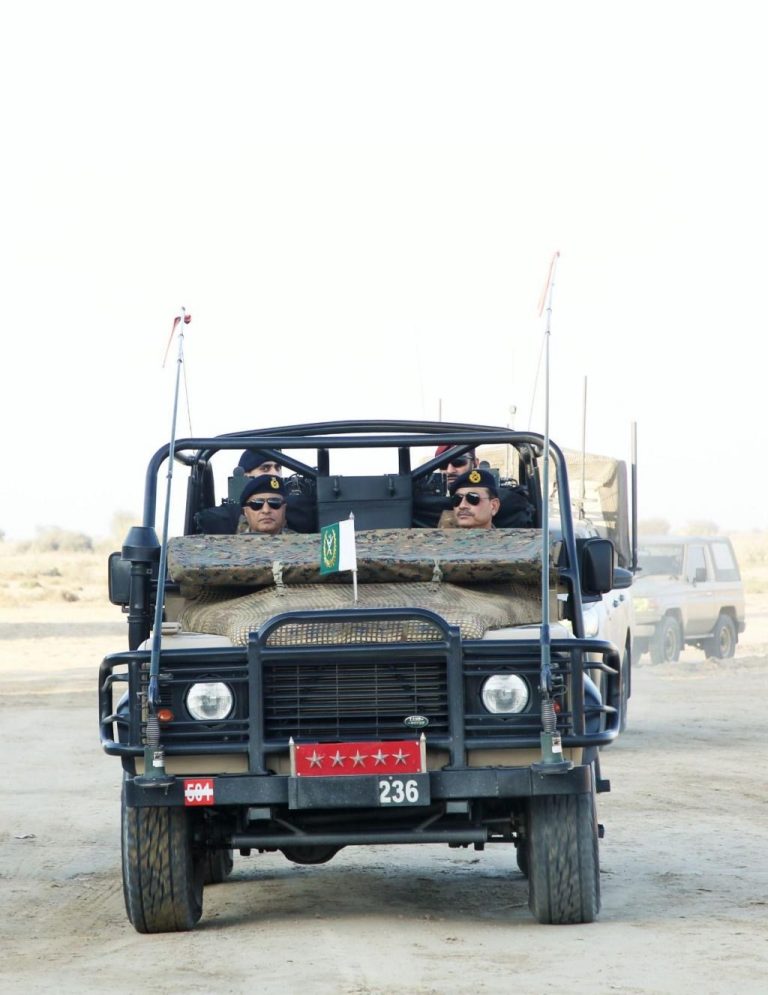Beyond the Borders: Twenty-five Indian Hindu nationals and one Nepali citizen were killed by an armed group on 22 April 2025 at Baisaran Valley near Pahalgam, Anantnag district of Indian Illegally Occupied Jammu and Kashmir.
The responsibility for the attack was claimed by a non-state actor, the Resistance Front, the offshoot of Lashkar-e-Taiba, which was a militant group involved in many terrorist activities in India, such as the Mumbai terrorist attack in 2008.
Islamabad was blamed for cross-border terrorism by its western neighbour and unilaterally suspended the Indus Water Treaty and recalled Pakistani nationals currently in India under the SAARC Visa Exemption Scheme (SVES) to go back to Pakistan and minimise the strength of the High Commissions, which will be brought down to 30 from the present 55.
Islamabad retaliated with similar steps and cut off the bilateral diplomatic relations with the Modi government and unilaterally suspended the 1972 Shimla agreement, which is a peace accord over Kashmir in South Asia, since the 1971 Indo-Pak war.

In 1947, during the disposal of British colonialism from the Indian subcontinent, Kashmir stuck around as a disputed territory. During the partition of the subcontinent with the emergence of two rival nation states in South Asia.
Kashmir was an autonomous princely state which was ruled by a Hindu Maharaja, Hari Singh, with a Muslim majority population.
In Kashmir, the Hindu-dominated Indian army opened fire on a Kashmiri Muslim crowd seeking independence and to join a Muslim nation-state.
The Kashmir and the other three states, Hyderabad, Jodhpur, and Junagadh, with Hindu majorities, were ruled by Muslim monarchs.
Muslim rulers of these states decided to join Pakistan while the Indian government send out its troops to enforce the princely states of British India to join the Hindu-dominated nation-state.
The Indian government withdrew from the special status of Indian illegally occupied Kashmir without the consent of the Kashmiris in 2019.
Tens of thousands of Kashmiri Muslims were horrifically killed, and women are raped by the Indian army.
Non-Kashmiri Hindu residents were issued settlers’ cards by Modi’s government in order to change the Muslim majority of Kashmir to a minority.
The standstill agreement over the Indus basin rivers expired in April 1948; the Indian government cut off the flow of Indus Western Rivers to the Islamic Republic of Pakistan.
The Inter-Dominion Accord is signed, in which Pakistan’s annual pay to the Indian government is in return for water.
After a more then ten years of negotiation In 1960 the Indus Water Treaty was signed by the Indian former Prime Minister Jawaharlal Nehru and former Pakistan’s President Ayub Khan under the World Bank as a negotiator non-state actor, agreeing on cross-border water sharing.
According to this treaty, the Indus basin’s three western rivers were allocated to Pakistan, and the eastern three rivers were granted to India.
After four battles between India and Pakistan, the Indus Water Treaty survived. In 2016, the Uri attack and the 2019 Pulwama attack urged the Indian government to review the treaty, as the Prime Minister of India said, “Blood and water cannot flow together.”
Islamabad objects to the Indian Kishanganga dam and hydroelectric power projects over western Indus basin rivers in
2017.
India calls off all meetings of the Permanent Indus Commission in 2024.
The Indian government failed to provide security to one of the most famous tourist valleys; in order to cover up his irresponsibility, the New Delhi government, without any solid evidence, blamed Pakistan and suspended the IWT, which survived even in high tens conditions.
Modi’s India act is against international law to stop water of a lower riparian country by an upper riparian state, and India does not have the power to suspend the treaty unilaterally.
India does not have a stable infrastructure to hold tens of thousands of cubic metres of water, especially during the period of glaciers melting and high levels of water from May to
September.
In Pakistan, the majority of the population depends directly or indirectly on agriculture. Pakistan will feel the effect in dry seasons, which also face a water shortage from a few decades.
The Islamic Republic of Pakistan’s foreign minister said any act to divert the flow of Indus Western rivers is “an act of war”.
Pakistan’s prime minister stated a free and
fair inquiry over Pahalgam, by neutral states and non-state actors, is still needed, but the Modi government is not responding to cover up his false flag operations to gain the political advantage on the domestic front.
This article is written by Muhammad Azeem who is a student of International Relations at the Bahauddin Zakariya University, Multan.











